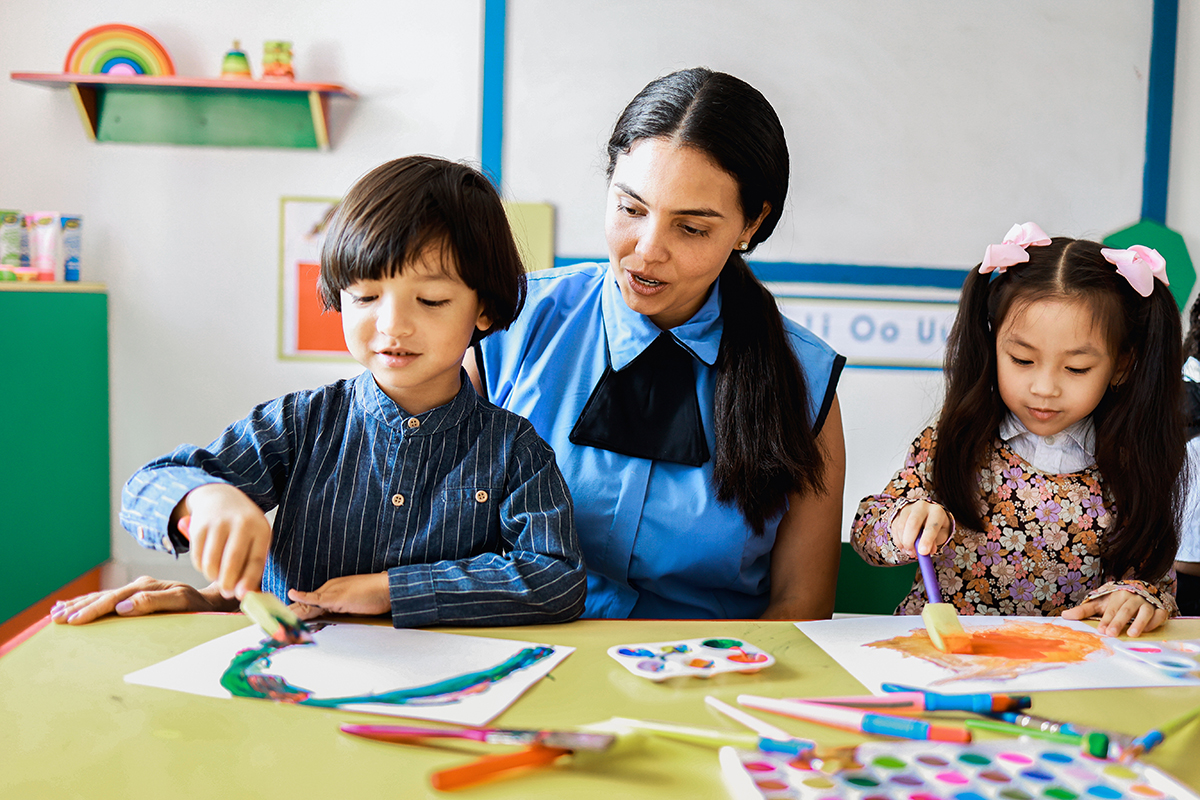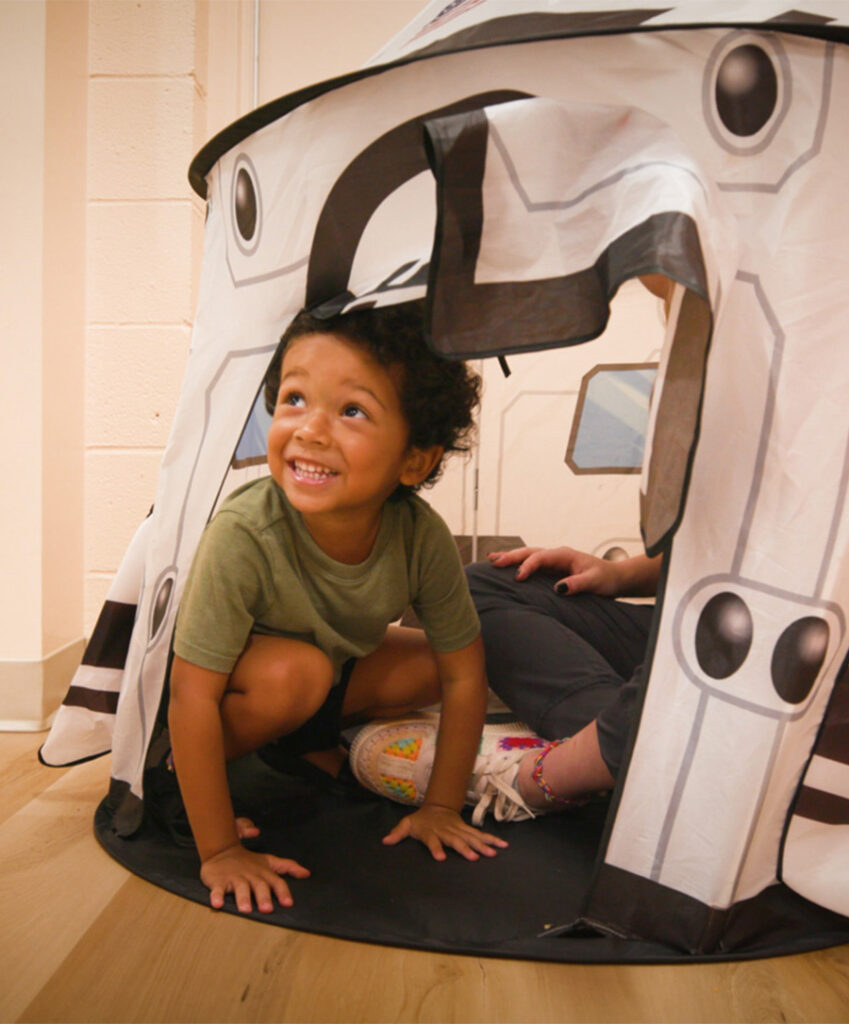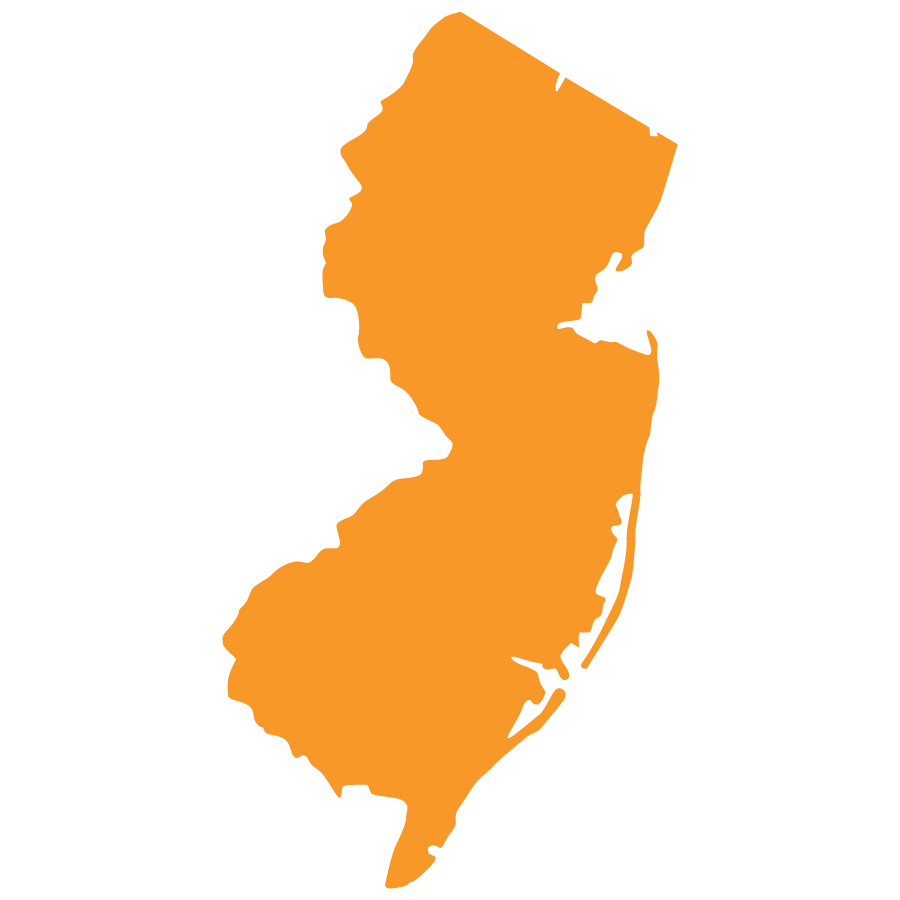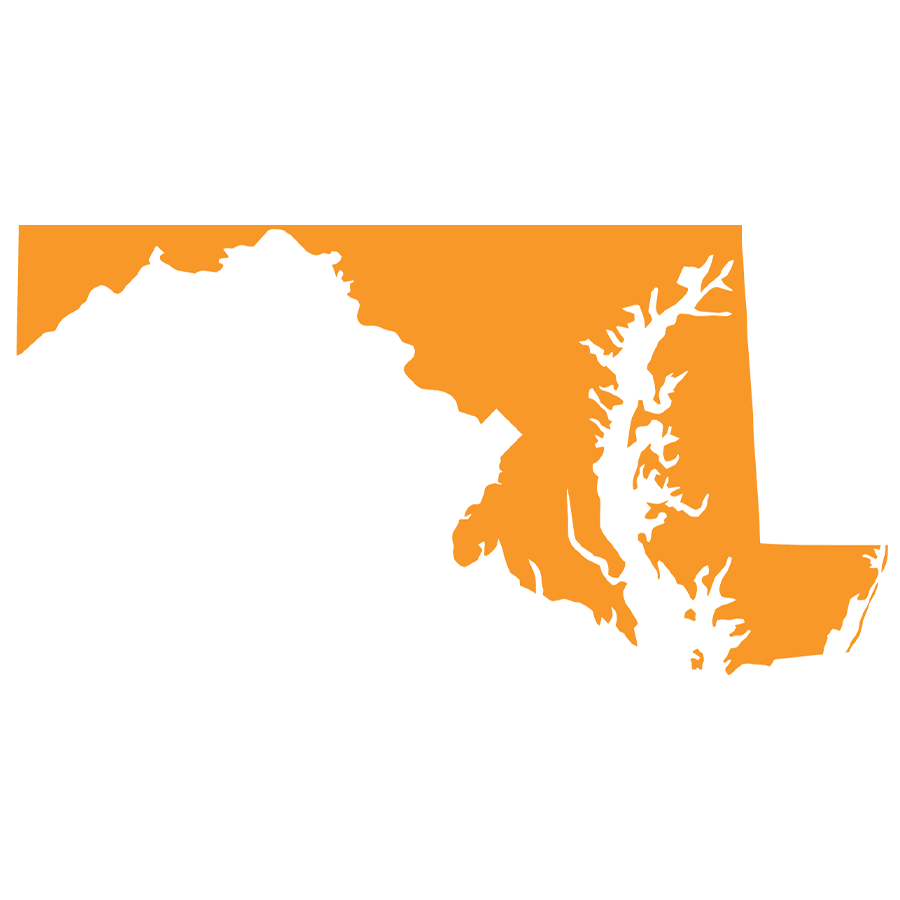When a child is diagnosed with autism, families often find themselves navigating a flood of new terms, services, and decisions. One topic that may come up in conversations with your therapy team is adaptive behavior. While it may sound clinical, the concept is deeply personal and central to a child’s ability to grow, thrive, and gain independence.
ABA adaptive skills focus on helping children do the things that make daily life smoother: getting dressed, brushing teeth, asking for help, or following a morning routine. These are the small but powerful building blocks that allow children to participate more fully in their homes, classrooms, and communities.
Teaching adaptive behavior is a key part of Applied Behavior Analysis (ABA), which supports children diagnosed with autism. Learning more about adaptive behavior, why it matters, and what skills are included can help children strengthen their abilities over time.
What is adaptive behavior?
Adaptive behavior refers to the practical, everyday skills that people use to function and meet expectations at home, in school, and in the community. These skills include things like:
- Communicating wants and needs
- Managing personal hygiene
- Making simple choices
- Following directions
- Handling changes in routine
- Engaging in social interactions
- Participating in daily tasks like mealtime, cleanup, or transitions
For children with autism, adaptive behavior may not always develop at the same pace as cognitive skills or language. A child might have a large vocabulary but struggle with turn-taking. Or they may be great at puzzles but need help dressing independently. That’s where direct support with adaptive behavior skills can make a meaningful difference.
According to widely accepted frameworks, the three components of adaptive behavior are:
- Conceptual skills: Language, literacy, number concepts, time, and self-direction
- Social skills: Interpersonal skills, following rules, empathy, and self-regulation
- Practical skills: Daily living tasks like dressing, hygiene, meal prep, and safety
An adaptive behavior assessment helps identify strengths and areas where support is needed in each of these categories. These assessments are commonly used in diagnostic evaluations and ongoing ABA treatment planning.
What is the importance of adaptive behavior in ABA therapy?
Adaptive behavior skills are often a core focus of ABA therapy because they empower children to engage more fully with the world around them. These skills help children get through the day, from getting ready in the morning to participating in classroom routines to playing successfully with peers.
In ABA, therapy goals are designed to be functional and personalized. That means clinicians look at what your child needs most in their daily life and break those goals down into teachable steps. For many children, that includes adaptive skills, ABA strategies that target independence, communication, and emotional regulation.
Here’s why adaptive behavior is such an important part of ABA:
1. It supports long-term independence
Adaptive skills help children meet basic needs and navigate everyday environments without relying entirely on others. Skills like hand washing, requesting a snack, or choosing a preferred toy lay the foundation for independence.
2. It reduces frustration and stress
When children can communicate their needs, follow routines, and manage transitions, they’re less likely to feel overwhelmed. This often leads to fewer moments of dysregulation and more success throughout the day.
3. It improves quality of life
Adaptive behavior enhances a child’s ability to participate in their home, school, and community. This leads to more positive experiences and greater opportunities for learning and connection.
4. It builds confidence
Each time a child masters a new skill, even a small one, they gain confidence. That confidence can spark new motivation to learn and grow.
In ABA therapy, behavior analysts use data to track progress and make sure the skills being taught are meaningful and generalizable. That means what your child learns in therapy is designed to work in real-world situations at home, in school, and in everyday routines.
What are adaptive behavior skills?
Adaptive behavior skills vary depending on a child’s age, developmental stage, and individual goals. Some skills may come naturally, while others require intentional teaching and support. In ABA, these skills are typically grouped into categories like:
Daily living skills
- Brushing teeth
- Washing hands
- Dressing and undressing
- Feeding self
- Using the toilet
- Cleaning up after play
Communication skills
- Asking for help
- Expressing wants and needs
- Responding to simple questions
- Using visual or verbal cues to express emotions
- Making choices between two or more items
Social skills
- Greeting others
- Taking turns
- Understanding personal space
- Participating in group activities
- Engaging in shared play
Community and safety skills
- Holding a caregiver’s hand while crossing the street
- Responding to name being called
- Following safety instructions
- Understanding “stop,” “wait,” and “go”
- Emotional regulation and flexibility
- Following a schedule
- Accepting changes in routine
- Using coping tools during stressful moments
- Asking for a break when overwhelmed
Many of these goals are taught using prompts, modeling, reinforcement, and visual supports. A board-certified behavior analyst may use a task analysis, breaking down a complex task into smaller steps, to help your child master each part of the skill.
As your child learns, supports are gradually faded so they can perform the skill more independently.
What does an adaptive behavior assessment involve?
Before creating goals for ABA adaptive skills, clinicians often conduct an adaptive behavior assessment better to understand a child’s strengths and support needs.
This assessment may include:
- Structured interviews with parents and caregivers
- Standardized tools like the Vineland Adaptive Behavior Scales or AFLS (The Assessment of Functional Living Skills)
- Observation of your child in different settings
- Review of your child’s current routines and performance
The assessment focuses on how your child performs everyday tasks, not just whether they can do them. For example, your child might be able to wash hands with support but struggle to do it independently, and that difference matters when setting goals.
Results from an adaptive behavior assessment help shape your child’s treatment plan. They provide a roadmap for targeting skills that are both meaningful and achievable, based on where your child is right now.
Why adaptive skills matter for children with autism
For many families, the goal of ABA therapy isn’t just learning. It’s living. That’s why adaptive behavior is such a central part of the process. These skills don’t just support the child. They support the whole family.
Practical impact
Adaptive skills make daily routines easier and less stressful. When children can dress themselves, use a visual schedule, or ask for a snack without frustration, it creates smoother days for everyone.
Empowerment
Each skill a child gains adds to their toolbox. Over time, they learn how to meet their own needs, communicate clearly, and participate with confidence in the world around them.
Inclusion
Strong adaptive skills can help children participate more successfully in school, extracurricular activities, family outings, and social situations. That opens the door to friendships, learning, and connection.
Long-term success
The more independence a child develops early on, the more equipped they’ll be as they grow. ABA focuses on building lasting skills, and adaptive behavior is at the heart of that mission.
Why choose Children’s Specialized ABA?
At Children’s Specialized ABA, we understand how deeply parents care about helping their children build the skills they need to succeed. We take a whole-child, whole-family approach to ABA, combining clinical expertise with compassion and support.
Our adaptive skills programming is:
- Individualized: Every child’s plan is built around their unique strengths, needs, and family goals.
- Functional: We prioritize real-world skills that make a daily impact, not just classroom tasks or checklists.
- Collaborative: Families are key members of the treatment team. We provide regular updates, parent guidance, and actionable strategies to use at home.
- Consistent: Whether your child receives therapy at home or in one of our centers, we ensure continuity of care and generalization of skills.
- Compassionate: We see each child for who they are and celebrate every small step of progress.
Our team of behavior technicians and board-certified behavior analysts is committed to supporting adaptive development in a way that feels doable, meaningful, and deeply supportive.
Contact us to learn how we can help
If you’re curious about adaptive skills in ABA and how ABA therapy can support your child’s daily life, Children’s Specialized ABA is here to help. We offer personalized therapy programs in New Jersey, North Carolina, Maryland, and Arizona.
Whether your child is just beginning their ABA journey or building on existing strengths, we’ll work with you to develop a plan that supports growth, independence, and confidence, one adaptive skill at a time.
Contact our team at 201.979.0772 or through our online form today. We’d be honored to partner with your family.






